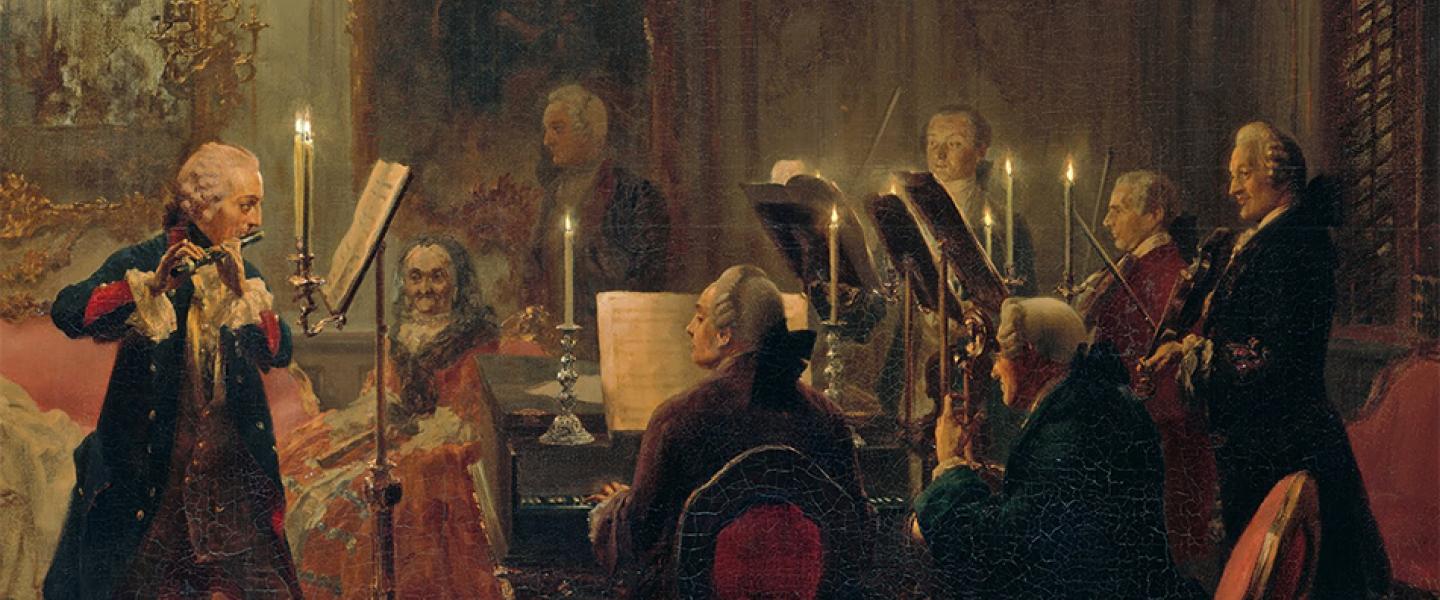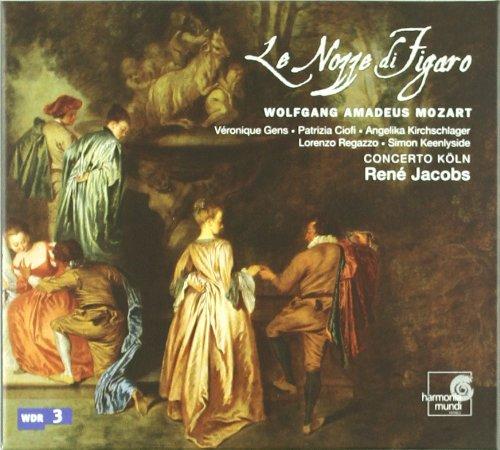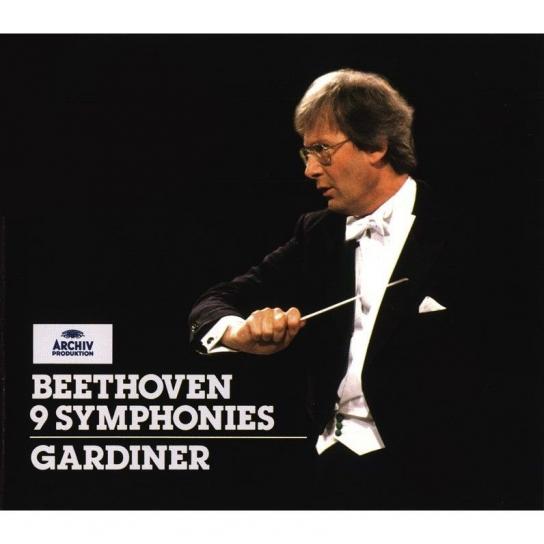Music


Explore Classical Music
Enjoy a few selections from this section of the Music Humanities syllabus highlighted below.
Wolfgang Amadeus Mozart
Le Nozze di Figaro (The Marriage of Figaro)
Cutting out the most inflammatory calls for social equality from Beaumarchais’s American-revolution-inspired French play, Mozart and his librettist Da Ponte (later Columbia’s first professor of Italian) nonetheless retained its bourgeois virtues (fidelity and marital love) and the triumph of the quick-witted (and quick-singing) Figaro over the Count’s outmoded privilege.

Recording: René Jacobs, Concerto Köln
Ludwig van Beethoven
Symphony no. 5 in C minor
The best-known of all rhythmic motifs, the first four notes instantly conjure fate, struggle, heroism, or in the words of E.T.A. Hoffmann (1813), the “realm of the monstrous and immeasurable,” awakening an “infinite longing.” Tracing the motif through all four movements of the symphony shows an inexorable process of thought, as the trajectory of the struggle ends in triumph.

Recording: John Eliot Gardiner, Orchestre Révolutionaire et Romantique

Please log in to comment.